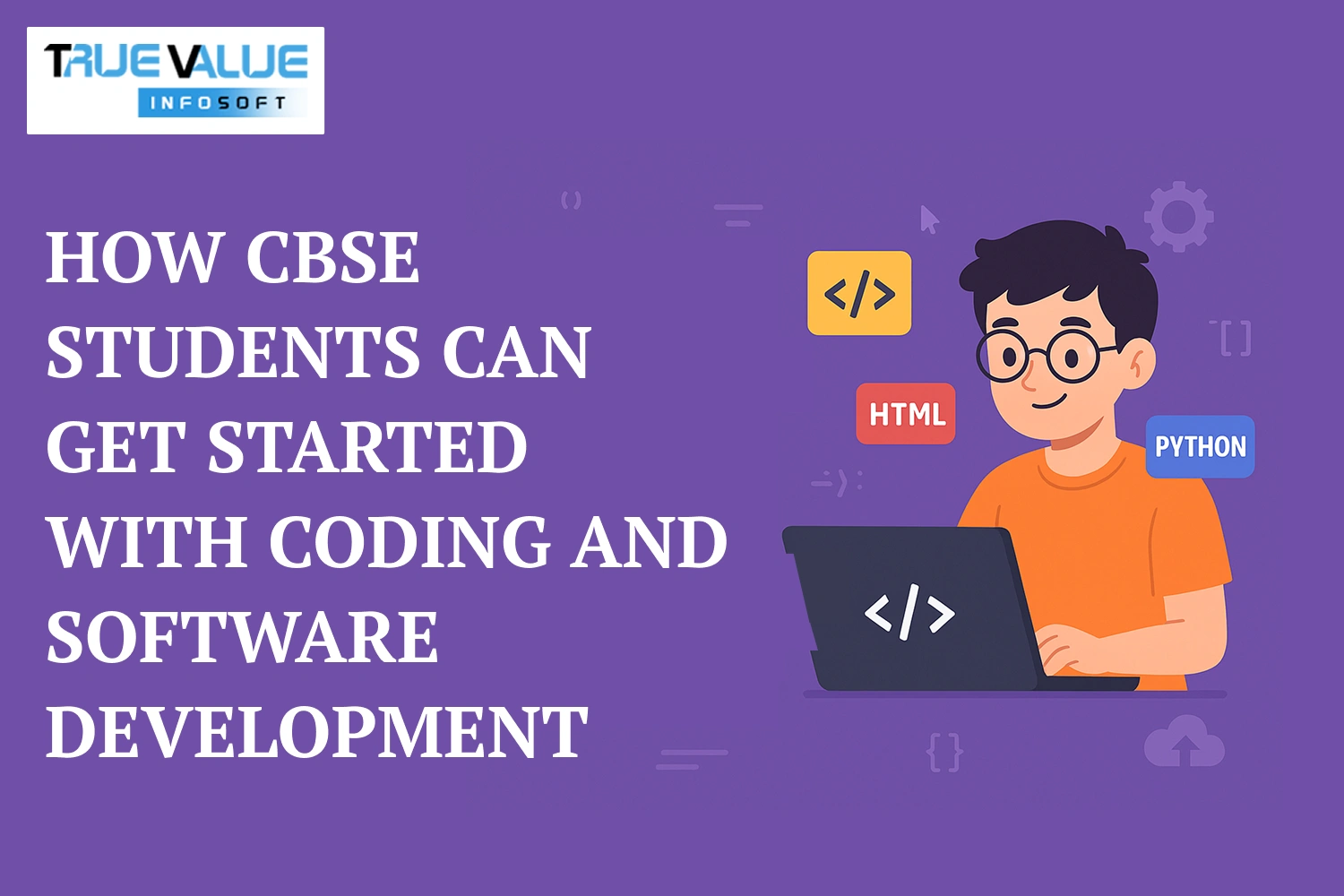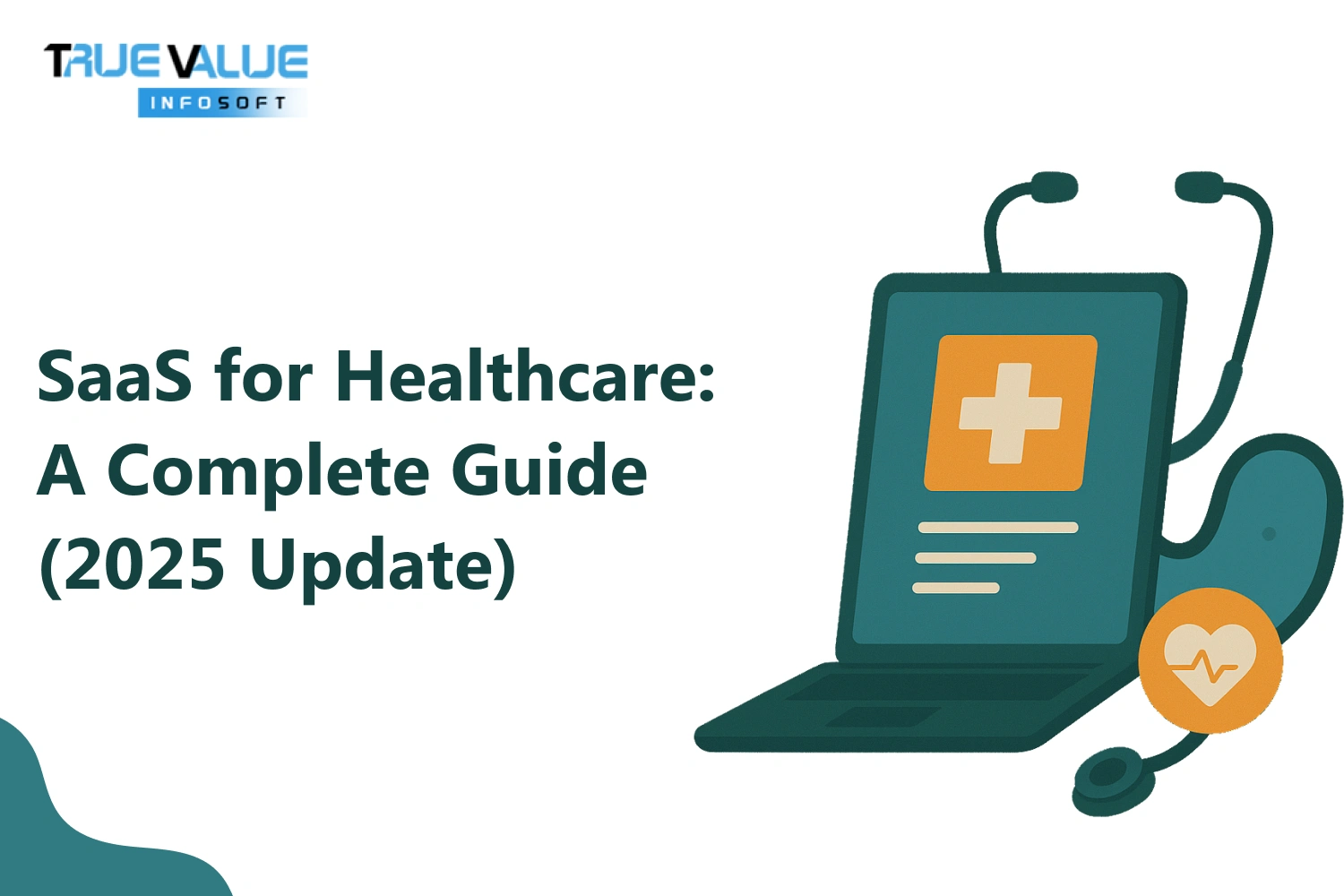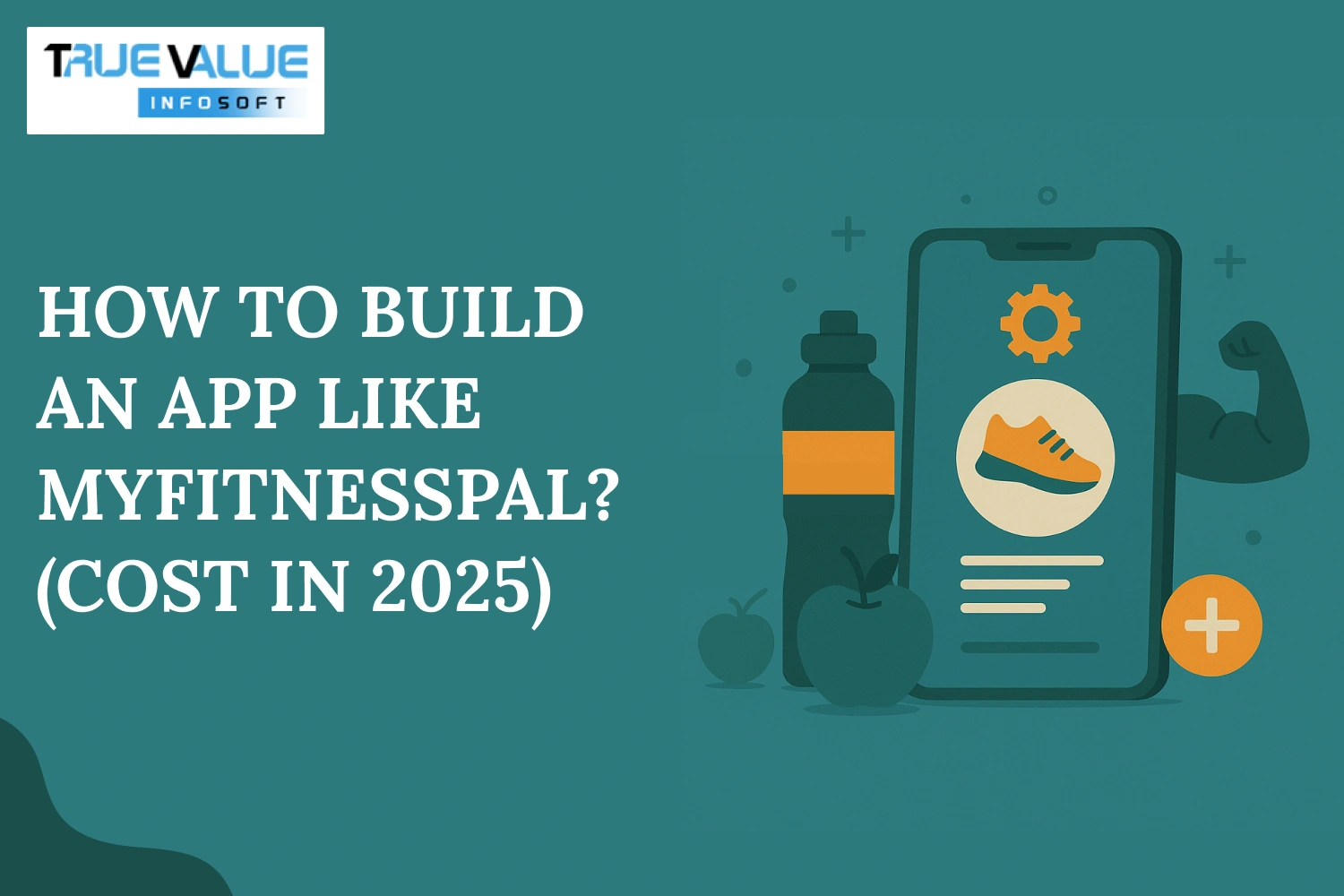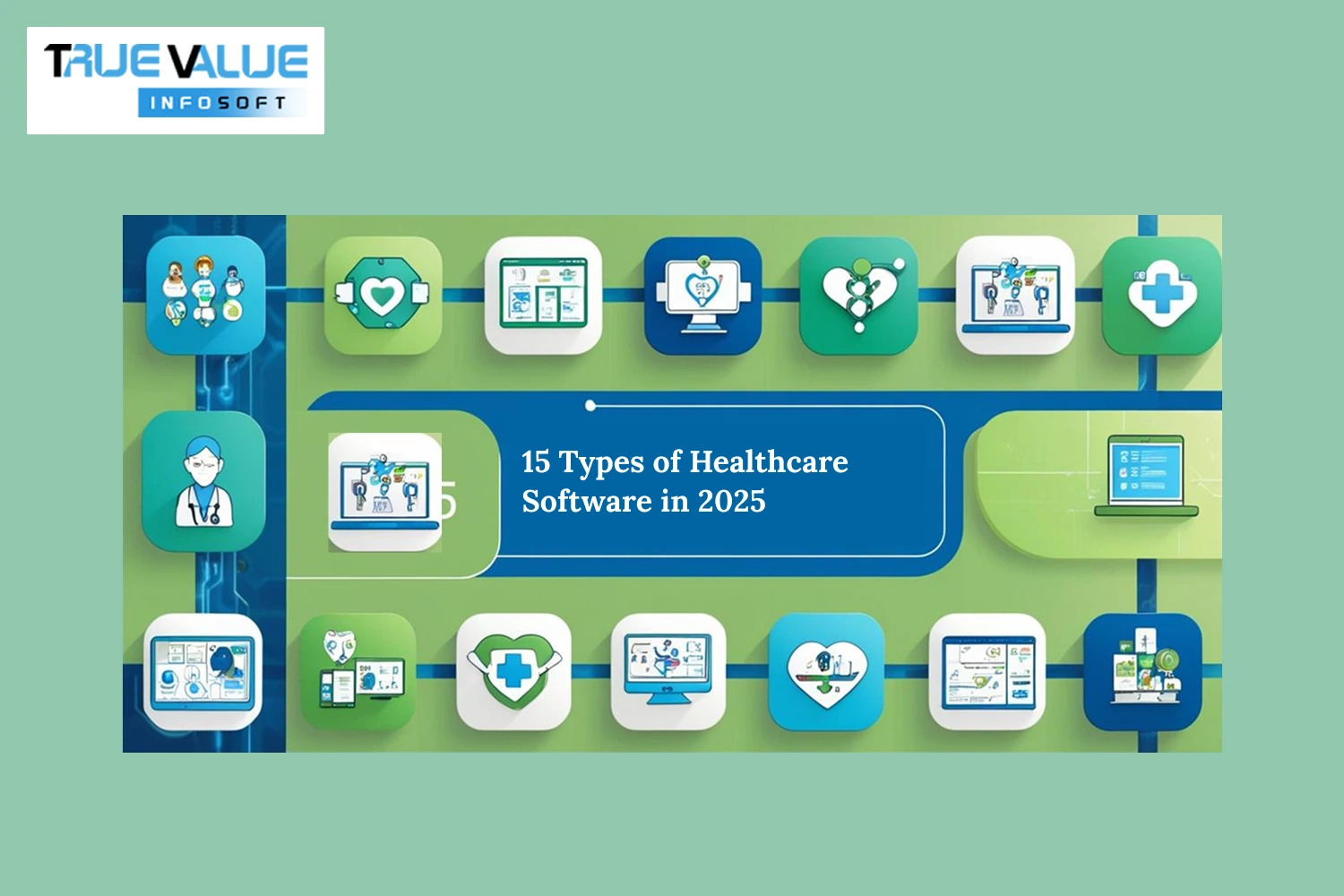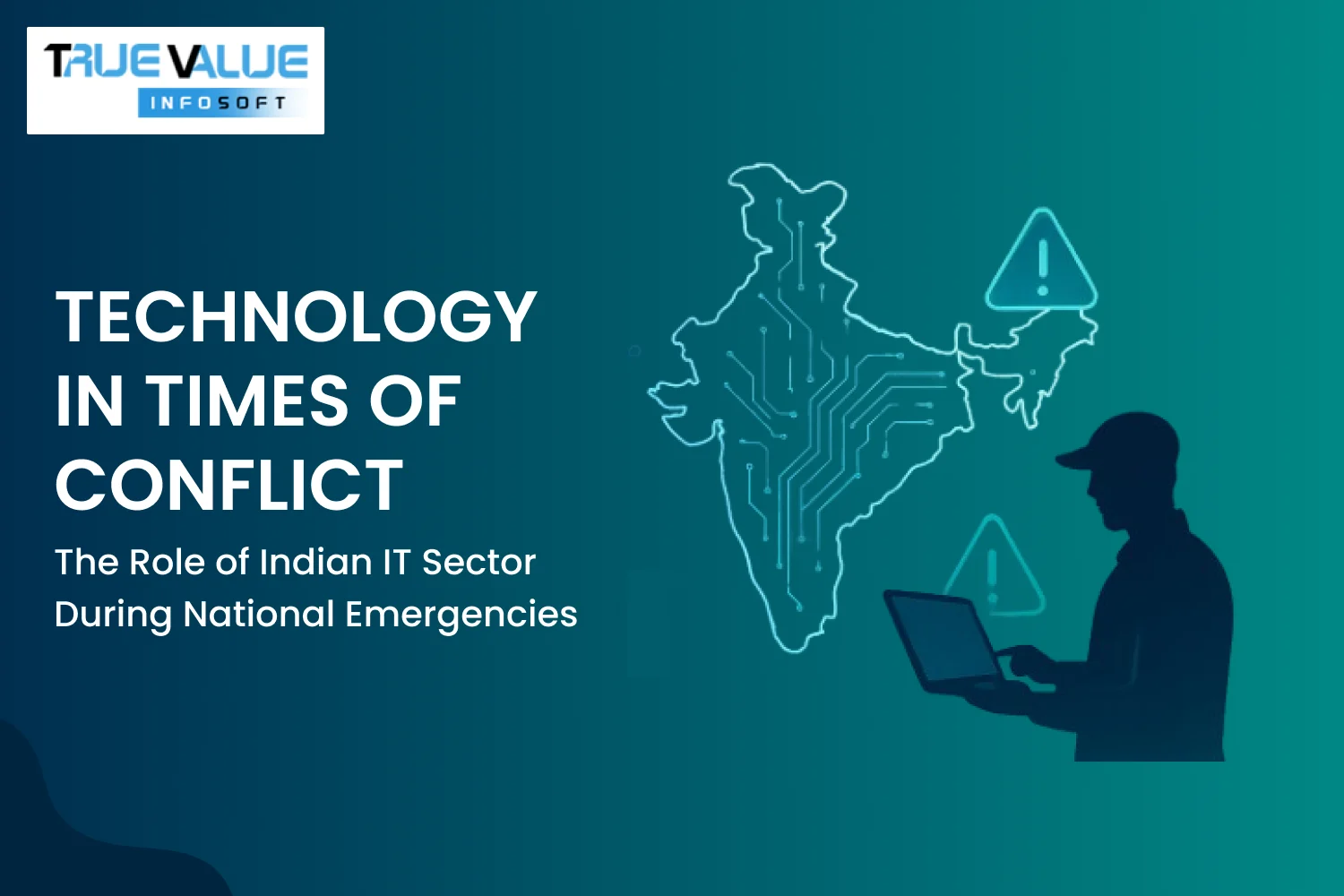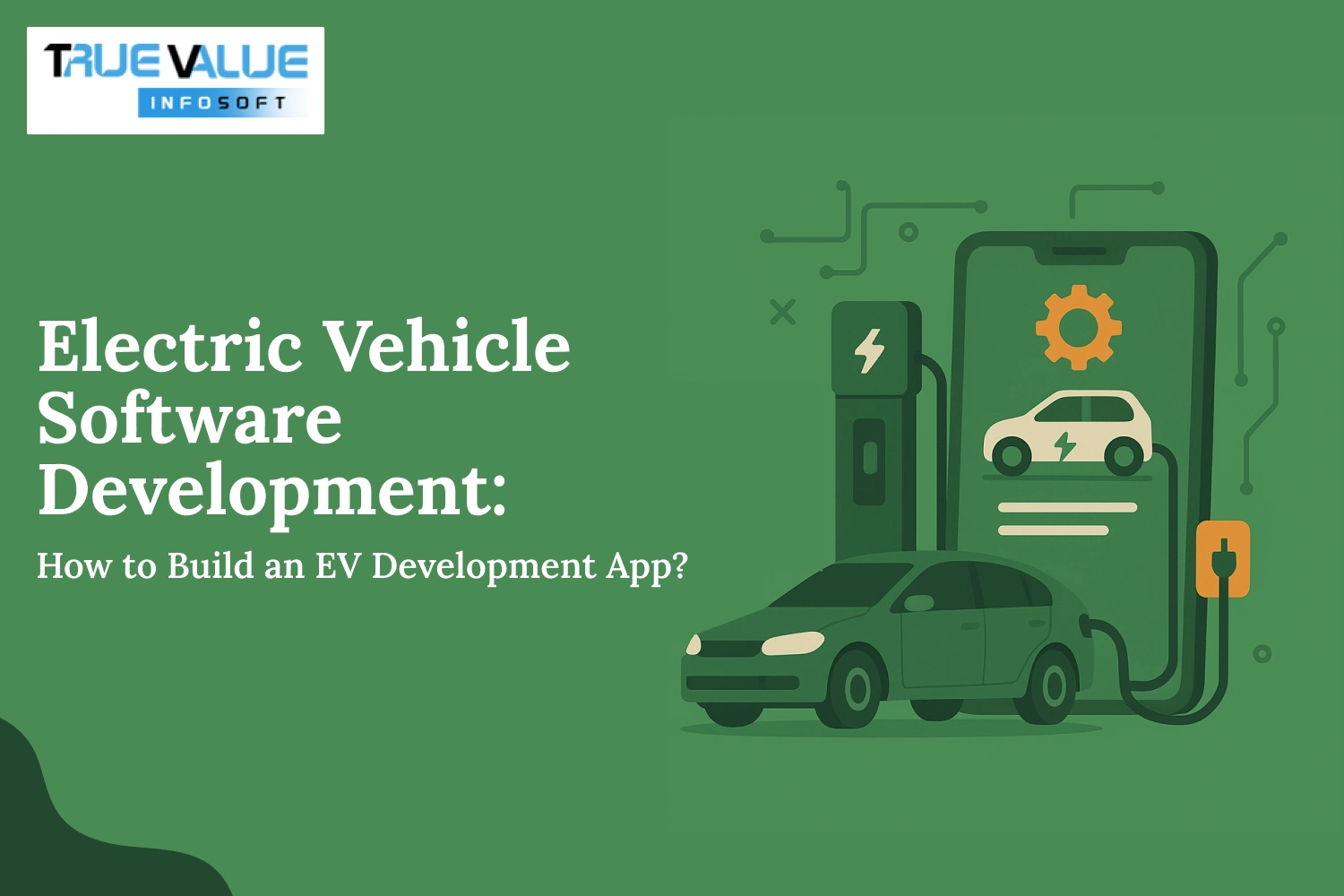Introduction
Are you a CBSE student wondering how to get started with coding and software development but don’t know where to begin? In today’s digital-first world, learning how to code is no longer optional—it’s a critical skill that opens up endless possibilities, from building innovative apps to launching your own tech startup. With technology shaping every industry, CBSE students have a golden opportunity to gain a competitive edge by diving into the world of programming early on.
Whether you’re in middle school or senior secondary, coding nurtures creativity, sharpens logical thinking, and equips you with practical skills that go far beyond the classroom. And the best part? You don’t need to be a computer genius to get started—just a curious mind and the right guidance.
At True Value Infosoft, mobile app development company in India, we believe in nurturing young tech talent and fostering innovation from the ground up. This comprehensive guide will walk you through everything you need to know to begin your coding journey—from the basics and tools to project ideas and career opportunities. Get ready to take your first step into the exciting world of software development!
Why CBSE Students Should Learn Coding
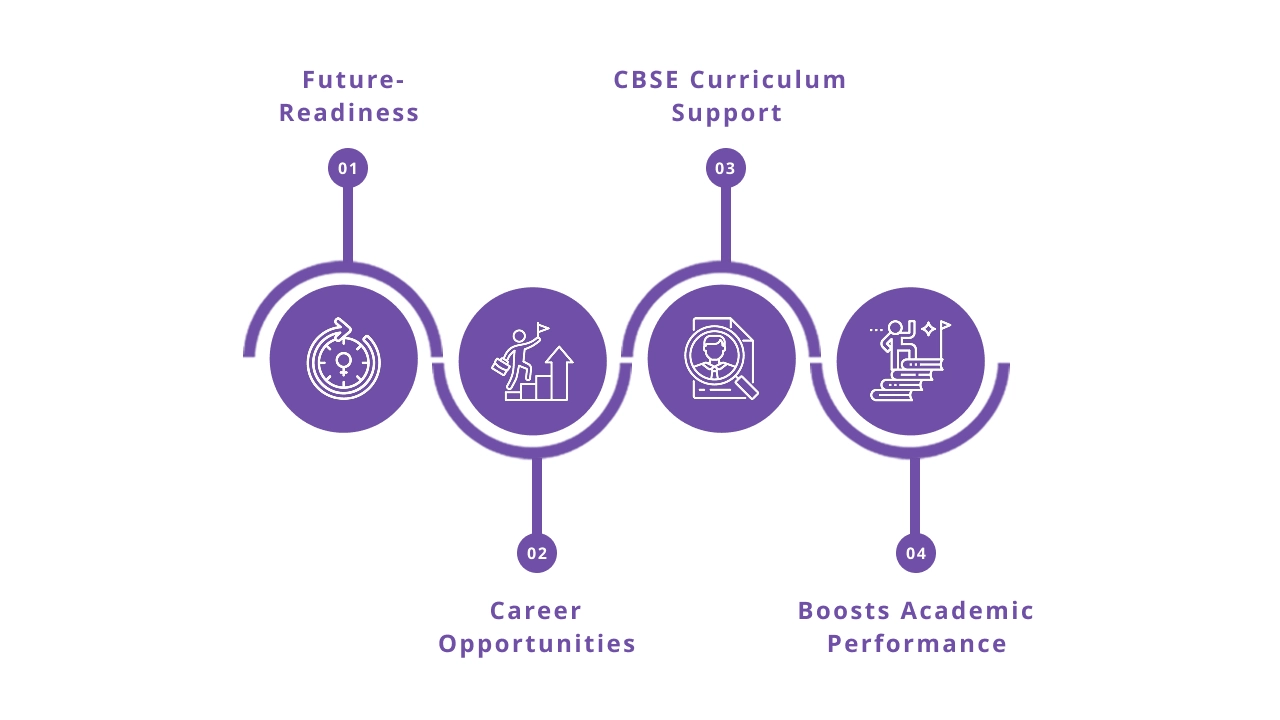
1. Future-Readiness
Coding enhances problem-solving skills, logical thinking, and creativity. With automation and AI reshaping industries, understanding code prepares students for the future workforce.
2. Career Opportunities
Software development opens up career paths in tech giants like Google, Microsoft, and startups. It also paves the way for freelance work, entrepreneurship, and app development.
3. CBSE Curriculum Support
The CBSE curriculum now includes computer science and artificial intelligence as elective subjects. This integration makes it easier for students to explore and grow in the field of technology.
4. Boosts Academic Performance
Learning coding can enhance performance in mathematics, science, and logical reasoning subjects due to its algorithmic nature.
What is Coding and Software Development?
1. Understanding Coding
Coding is the process of writing instructions for computers to perform specific tasks. These instructions are written in programming languages like Python, Java, and C++.
2. What is Software Development?
Software development is the process of designing, creating, testing, and maintaining software applications. It includes front-end (UI), back-end (logic), and database management.
3. Key Terms to Know
- Algorithm: A set of rules to solve a problem
- Syntax: The set of rules that defines the combinations of symbols considered correctly structured in that language
- Compiler/Interpreter: Converts code into machine language
- Bug: An error in the code
- Debugging: Fixing errors in code
Starting Early: Coding for Middle School Students (Classes 6–8)
1. Simple Block-Based Coding
Start with visual programming languages like Scratch or Blockly. These platforms allow students to build logic through drag-and-drop blocks.
2. Introduction to Robotics
Platforms like LEGO Mindstorms and Arduino can introduce students to coding via robotics.
3. Games and Simulations
Websites like Code.org and Tynker provide gamified coding experiences that make learning fun and engaging.
4. Participate in Competitions
Explore Olympiads like Technothlon, CodeChef for Schools, and Google's Code-in to build competitive skills.
Coding Path for Secondary Students (Classes 9–10)
1. Text-Based Programming Languages
Begin learning languages like Python, which is beginner-friendly and widely used in the industry.
2. Understanding Logic and Algorithms
Focus on loops, conditionals, functions, and data structures. Websites like HackerRank and GeeksforGeeks are helpful.
3. Build Mini Projects
Create small programs like calculators, quiz apps, or weather fetchers using APIs.
4. Learn Git and GitHub
Start using version control to manage your code. GitHub also acts as your coding portfolio.
Advanced Coding for Senior Secondary Students (Classes 11–12)
1. Deep Dive into Programming
Learn Java, C++, or JavaScript for deeper understanding. Start solving complex problems and contribute to open-source.
2. Build Full-Fledged Applications
Develop web apps, mobile apps, or simple games using frameworks like Django, React, or Flutter.
3. Prepare for Competitive Programming
Join platforms like Codeforces, LeetCode, and AtCoder. Solve daily problems to improve.
4. Learn Databases
Understand SQL and NoSQL databases to manage application data effectively.
Tools and Platforms for Learning
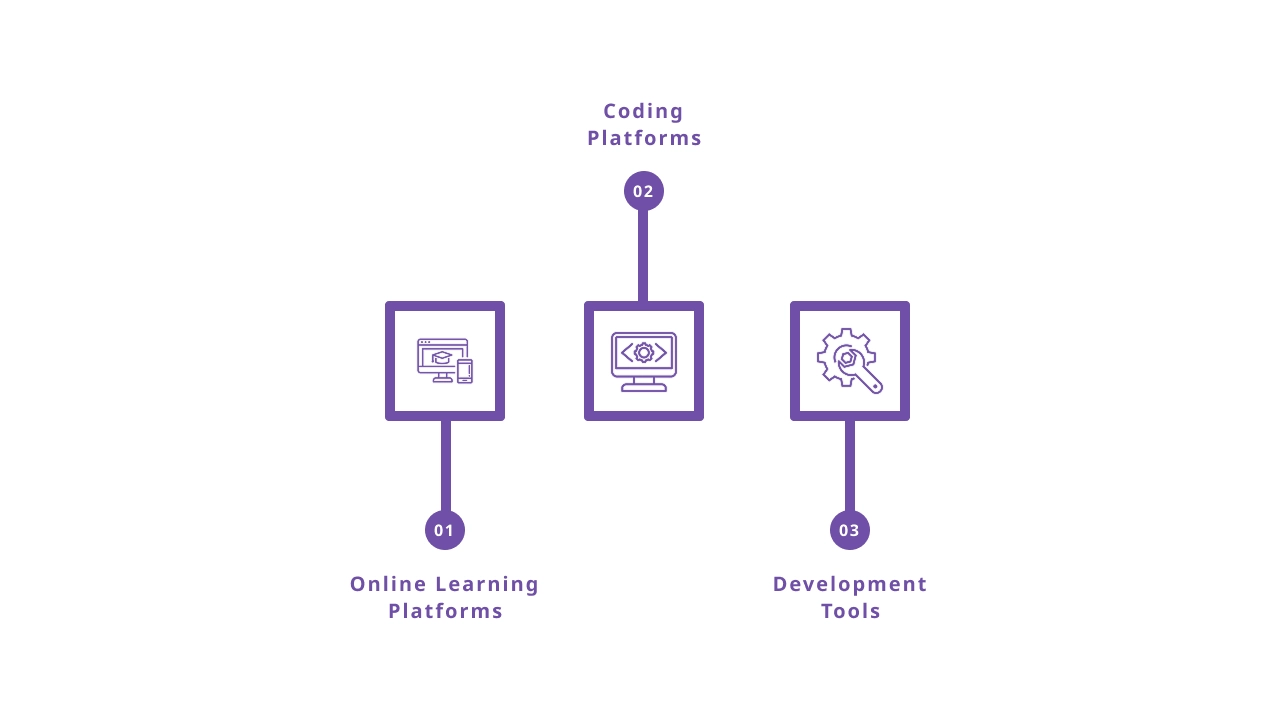
1. Online Learning Platforms
2. Coding Platforms
3. Development Tools
- Visual Studio Code(VS Code)
- GitHub
- Replit
- Jupyter Notebooks
Roadmap to Become a Software Developer
Step 1: Master the Basics
Choose one language and understand variables, loops, conditions, and functions.
Step 2: Data Structures and Algorithms (DSA)
Learn arrays, stacks, queues, linked lists, trees, and graphs.
Step 3: Build Projects
Hands-on experience with real projects helps reinforce learning.
Step 4: Learn Frameworks and Tools
Pick frameworks like Django, Flask, React, etc., and tools like Git.
Step 5: Internship and Open-Source
Apply for internships or start contributing to GitHub projects to gain real-world experience.
CBSE Curriculum Integration
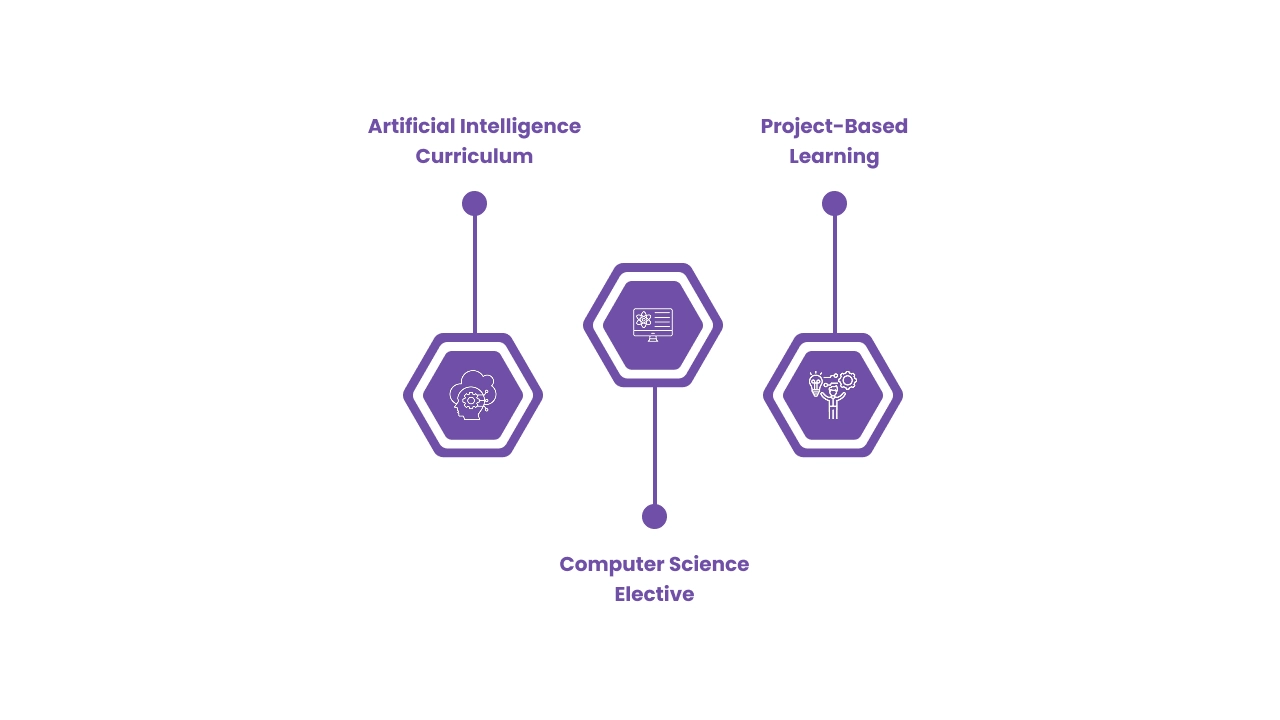
1. Artificial Intelligence Curriculum
CBSE has introduced AI as an optional subject. It includes basics of AI, Python, and AI ethics.
2. Computer Science Elective
The elective includes concepts of computer networks, database management, and Python programming.
3. Project-Based Learning
Final projects in class 12 provide an excellent opportunity to build a strong portfolio.
Extra-Curricular Coding Activities
1. Coding Clubs
Join or start a coding club in school to collaborate and learn together.
2. Hackathons and Code Sprints
Participate in school, national, and international coding competitions.
3. Online Communities
Engage in forums like Stack Overflow, Reddit r/learnprogramming, and GitHub.
Career Opportunities in Coding
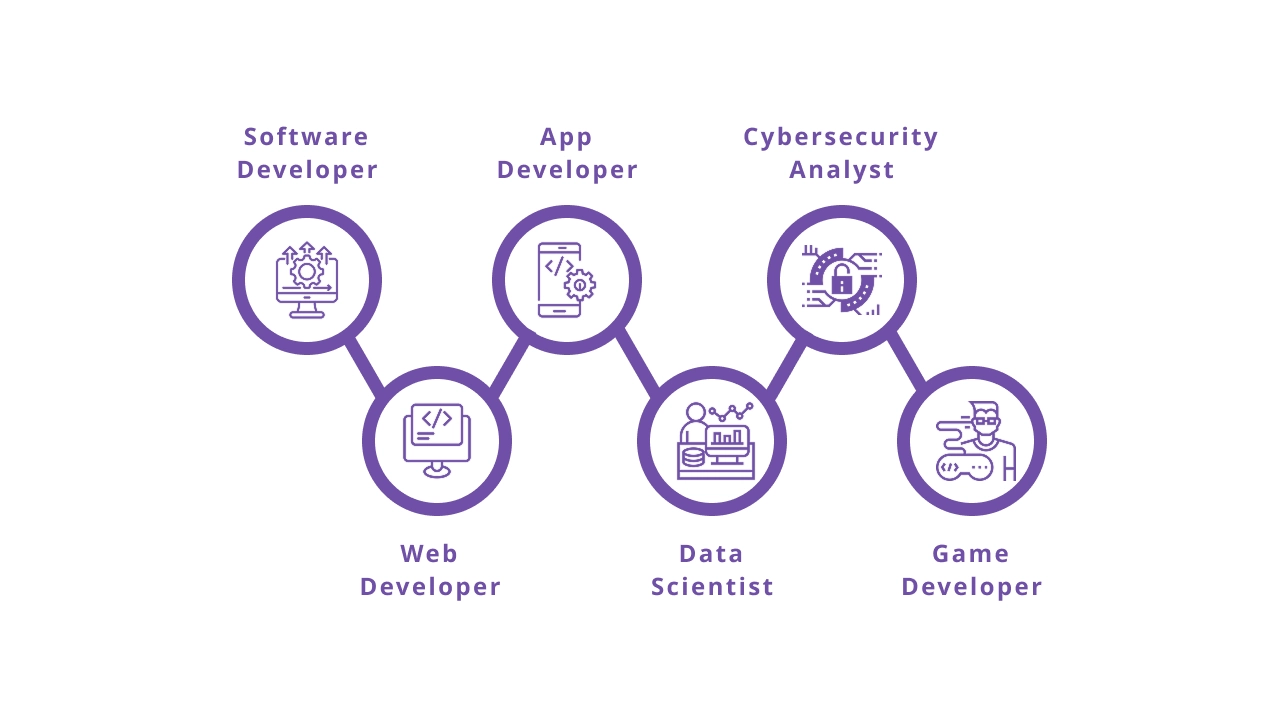
1. Software Developer
Create applications and systems for companies or personal use.
2. Web Developer
Design websites and web apps with HTML, CSS, JavaScript, and frameworks.
3. App Developer
Build mobile applications using platforms like React Native, Flutter, or Swift.
4. Data Scientist
Use coding to analyze data, make predictions, and drive business decisions.
5. Cybersecurity Analyst
Use scripting and coding to protect systems from attacks.
6. Game Developer
Design and code video games using Unity, Unreal Engine, and Blender.
Challenges and How to Overcome Them
1. Lack of Resources
Use free platforms and YouTube channels to access high-quality tutorials.
2. Fear of Complexity
Start simple and build up gradually. Celebrate small wins.
3. Balancing Academics and Coding
Set a weekly schedule and integrate coding into your study routine.
4. Lack of Mentorship
Seek mentors online through forums, LinkedIn, and teacher recommendations.
How Parents and Teachers Can Support
1. Encourage Curiosity
Support and appreciate efforts, regardless of outcome.
2. Provide Access to Resources
Invest in a basic laptop and internet connection, or use school labs.
3. Monitor Progress
Track learning using project milestones or course completions.
4. Enroll in Courses Together
Parents can learn alongside their kids to build a supportive environment.
How True Value Infosoft Can Help CBSE Students Get Started with Coding
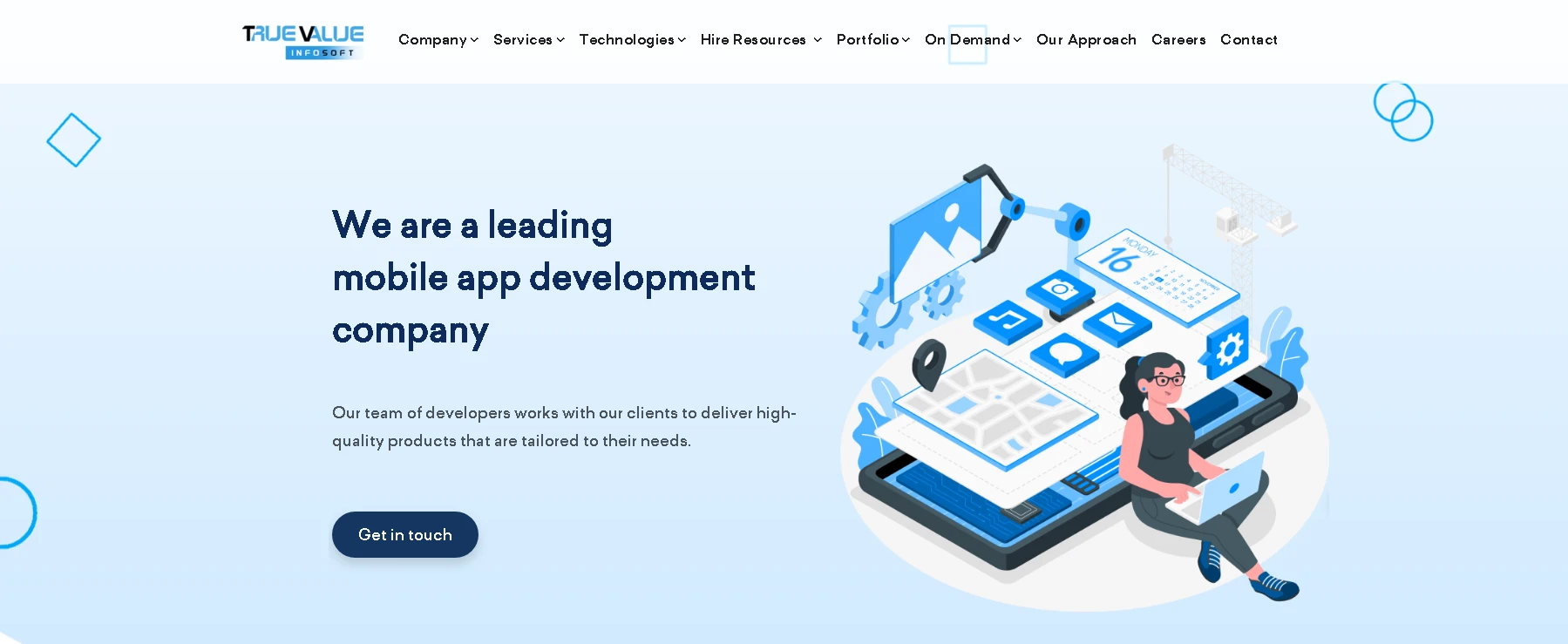
True Value Infosoft, mobile app development company in India, is committed to nurturing young talent and helping CBSE students take their first step into the world of coding and software development. Here's how:
- Free Coding Workshops & Webinars: We regularly conduct free online and offline coding workshops tailored for CBSE students, introducing them to basic programming languages like Python, HTML, and JavaScript.
- Internship Opportunities for School Students: True Value Infosoft offers internship programs for high school students, allowing them to gain real-world experience and understand how software development works in the industry.
- Mentorship from Industry Experts: Our experienced developers and engineers mentor students, guiding them on coding projects, career paths, and best practices in software development.
- Project-Based Learning: We encourage students to work on live projects—such as building calculators, games, websites, and mobile apps—to build practical skills early on.
- Custom Learning Roadmaps: Based on the student's interest and current skill level, we design personalized learning roadmaps that align with the CBSE computer science curriculum and beyond.
- Access to Developer Tools & Resources: Students associated with True Value Infosoft gain access to premium software tools, IDEs, and curated coding resources—many of which are free or discounted.
- Career Counseling in Tech: We help students understand the various tech careers available, from front-end development to AI, guiding them on how to prepare for each.
- Collaboration with Schools: We partner with CBSE-affiliated schools to integrate coding into the academic schedule through special programs and curriculum support.
With True Value Infosoft’s support, CBSE students can gain the right foundation to become future-ready tech professionals.
Conclusion
Getting started with coding and software development might seem intimidating at first, but with the right approach and resources, CBSE students can gain a strong footing in the digital world. From visual programming in middle school to building complex applications in senior secondary, there are structured paths and abundant resources available for students to succeed. Coding is not just a technical skill; it is a mindset of logical thinking and continuous learning. Begin today, and step confidently into the world of innovation and technology.
FAQs
Python is highly recommended due to its simple syntax and versatility.
Yes. Coding can be learned by anyone with access to the internet and a computer.
Starting with 3–5 hours a week is sufficient for beginners.
Yes. CBSE offers official syllabi for subjects like Computer Science and Artificial Intelligence.
Set small goals, build fun projects, and join communities for peer support.
